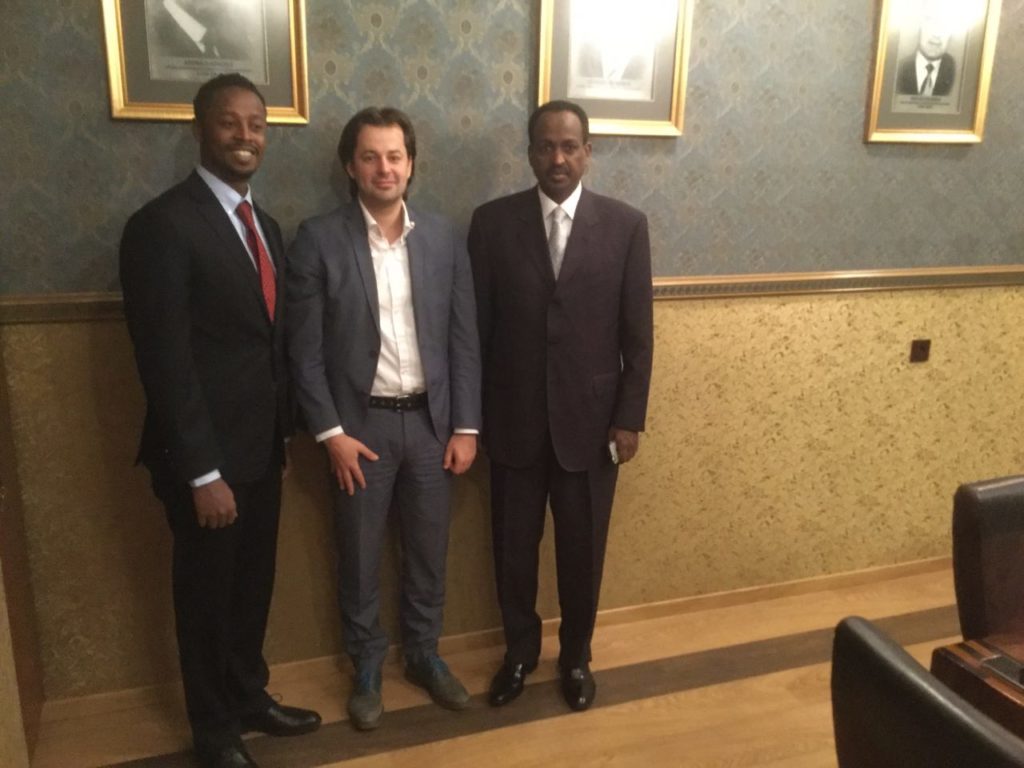
On 17 November, H.E. Ambassador Teshome Toga met with Mr Marcis Dzelame, Head of Foreign Affairs for the Latvian Chamber of Commerce and discussed areas of cooperation to strengthen the economic relationship of the two countries.
Ambassador Teshome seized this opportunity to brief Mr Dzelame on the economic achievements, priority investment areas, export commodities and tourism potential of Ethiopia, and requested the Chamber to encourage the private sector of Latvia to eye African business opportunities. On his behalf, Mr Dzelame said that compared to the trade volume between Ethiopia and the remaining Baltic states, Latvia remains behind. He thus underscored the need to elevate the trade relations by creating awareness. He has also mentioned that the Latvian private sector is not well informed about the business potential of Africa.
In this regard, Ambassador Teshome shared his experience of organizing a successful business forum with Estonia and mentioned the need to organize the same platform to fill the information gab. Meanwhile both sides reached on a concrete agreement to organize a business forum on April 2017 in Latvia focusing on Africa. Ambassador Teshome has taken the initiative to coordinate other African countries Ambassadors to take part on the forum. The two side also agreed to cooperate in exchanging trade missions between the two countries.
On the same day, Ambassador Teshome Toga met with H.E. Ambassador Rets Plēsums, Director of Second Bilateral Relations Department of the Latvian Foreign Ministry and discussed the bilateral relationships between the two countries and issues related to regional and global situations. In his behalf, Ambassador Teshome extended his gratitude for the government of Latvia for voting in favor of Ethiopia for the seat of non-permanent member of the UN Security Council. He also reassured the readiness of his government to work together with Latvia in tackling global peace and security challenges. Similarly, Ambassador Teshome has also congratulated the Ambassador for the 98th Independence Day of Latvia.
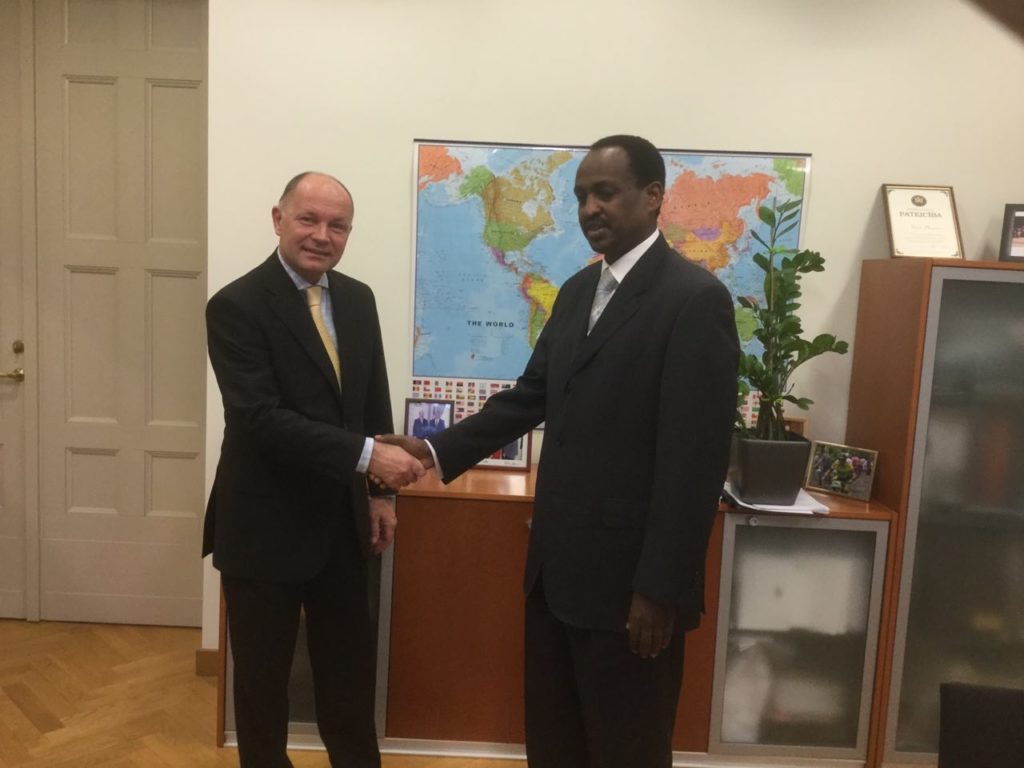
H.E. Ambassador Teshome has also indicated that his visit to Latvia is also intended to follow up the implementation of the MOU signed between the two countries last year. On his behalf, Ambassador Rets Plēsums indicated the excellent diplomatic relations of the two countries and mentioned the need to implement the MOU to deepen the existing diplomatic relations. He has also indicated the preparation his Ministry to visit Ethiopia for political consultations based on the framework of the MOU. The Director has also mentioned that the Ambassador in Cairo is on the process of accreditation to Ethiopia.
Ambassador Teshome welcomed the proposed political consultations in Ethiopia. He also took this opportunity to brief the director on the economic development of the country and the recent political unrests causing the loss of life and destruction of property. He further noted that measures are being taken by his government to restore law and order and address the political and economic demands of the people.

In addition, Ambassador Teshome explained the situation in the region and in particular the challenges of the peace agreement of South Sudan and the election in Somalia, as well as Ethiopian’s role in sustaining peace and security in the region. The Ambassador did not pass without appreciating the excellent relationship that his country is maintaining with the European Union and its member states in the areas of development, migration and maintaining peace and security.
Finally the two sides have agreed to strengthen their economic ties via trade, investment, tourism, transfer of knowledge and technology. Ethiopia would like to share the best experience of Latvia especially on the IT sector. On the finally day of his visit Ambassador Teshome participated in the official ceremonies organised the state to commemorate the 98th independence of the Republic of Latvia.
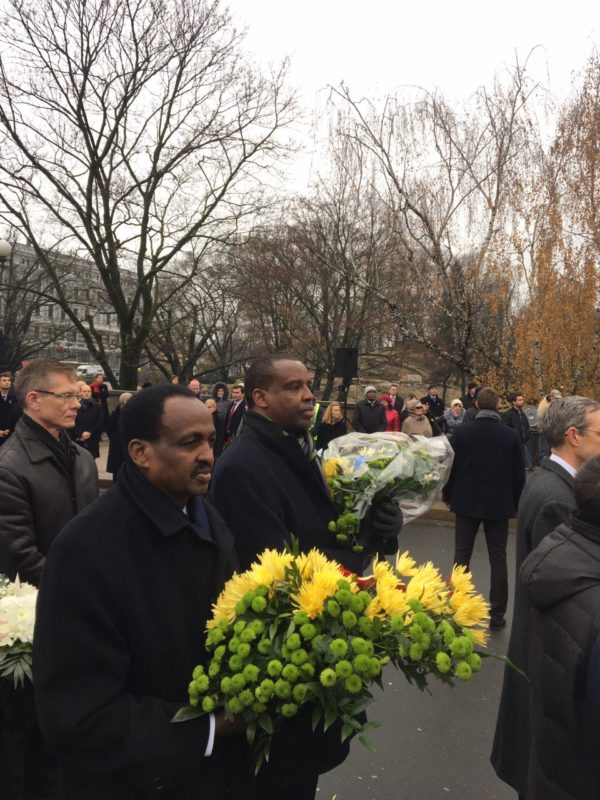
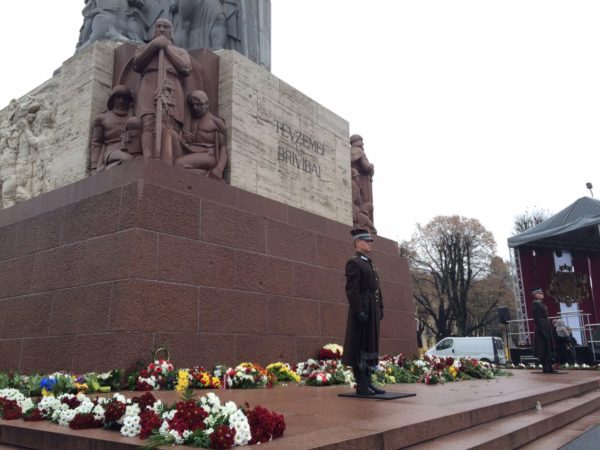
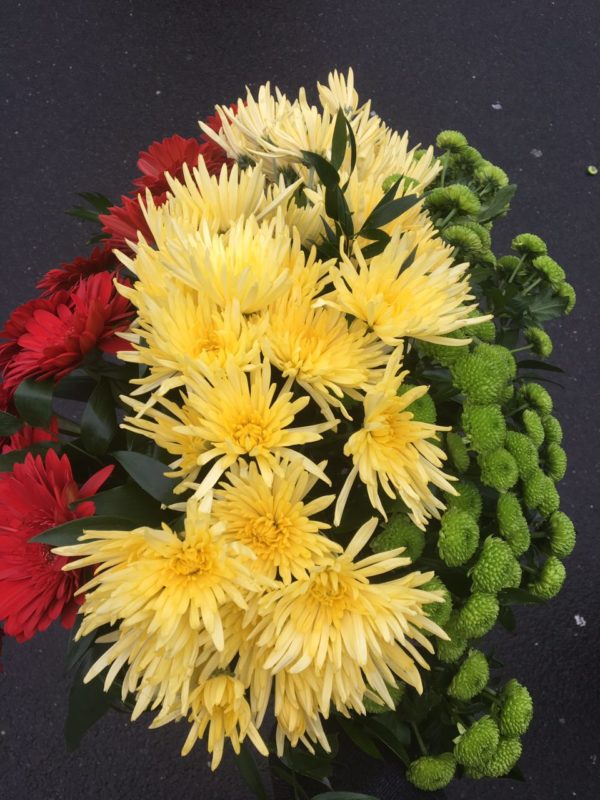
Ambassador Teshome Toga assisting to a flower laying ceremony at Freedom Monument in Riga, Latvia, on 18 November 2016
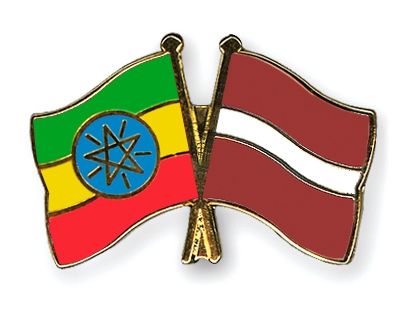
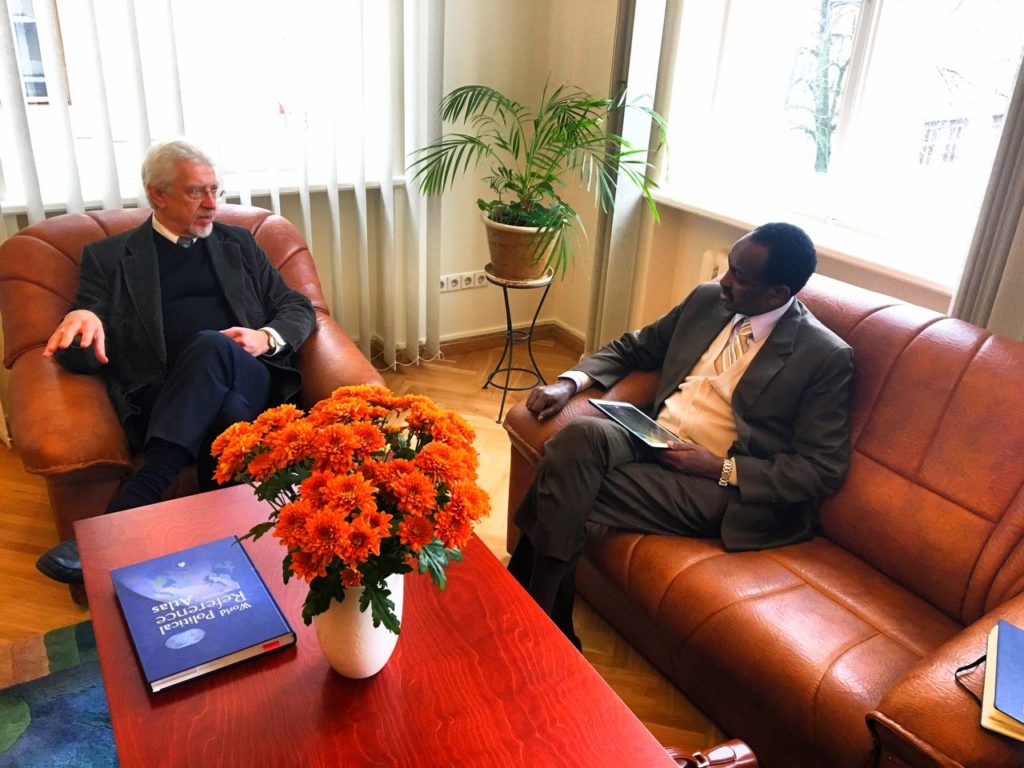
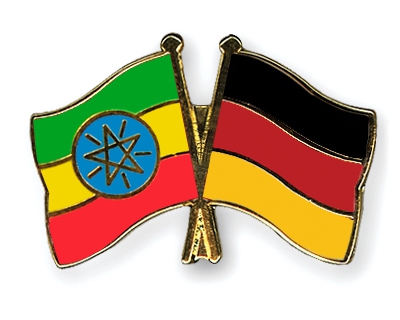


 On 8 November 2016, Euractiv published an interview with Feyisa Lilesa with the title «
On 8 November 2016, Euractiv published an interview with Feyisa Lilesa with the title «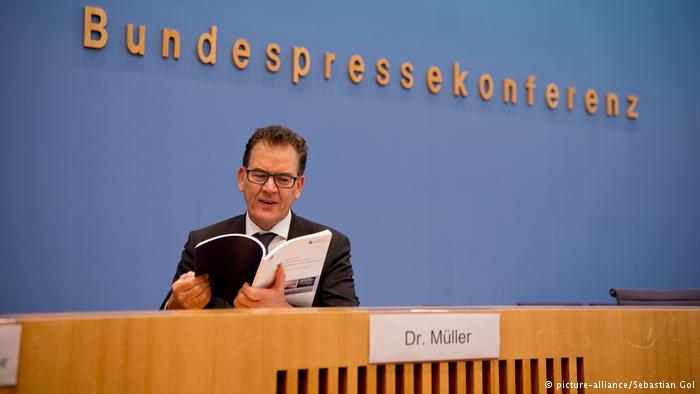
 Germany’s Development Minister Gerd Mueller said on Friday (November 11) that Germany would in the coming weeks release details of what he called a new “Marshall Plan with Africa”.
Germany’s Development Minister Gerd Mueller said on Friday (November 11) that Germany would in the coming weeks release details of what he called a new “Marshall Plan with Africa”.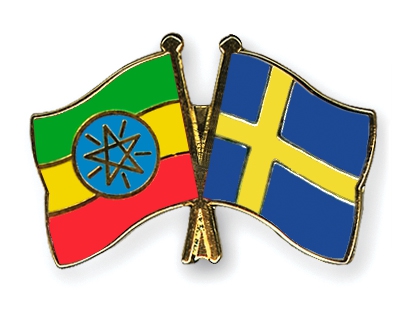
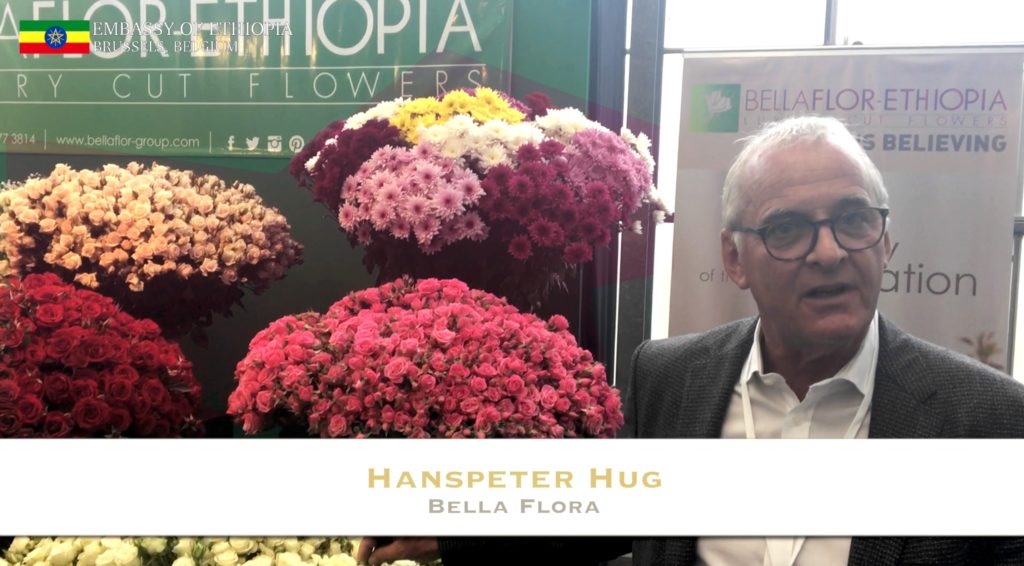
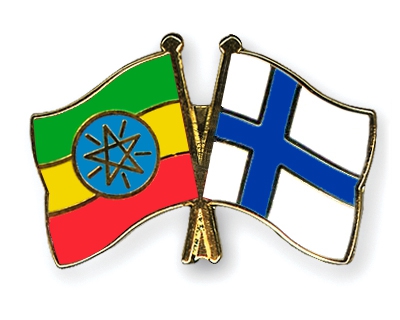
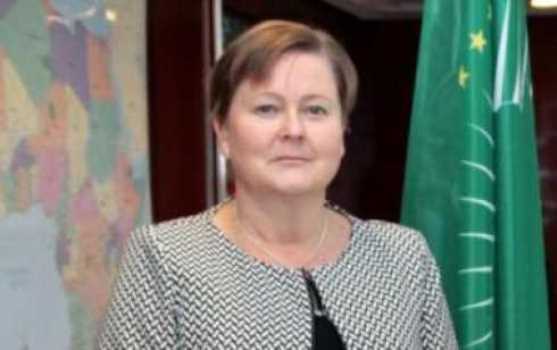 The Finnish Ambassador to Ethiopia, Ambassador Helena Airaksinen said yesterday (November 8) that her country would continue providing professional and financial assistance to Ethiopia.
The Finnish Ambassador to Ethiopia, Ambassador Helena Airaksinen said yesterday (November 8) that her country would continue providing professional and financial assistance to Ethiopia.
 Ethiopian coffee received the “2016 World’s Best Coffee Award” at the first-ever Ernesto Illy International Coffee Awards Ceremony held in New York on 1st November 2016.
Ethiopian coffee received the “2016 World’s Best Coffee Award” at the first-ever Ernesto Illy International Coffee Awards Ceremony held in New York on 1st November 2016.